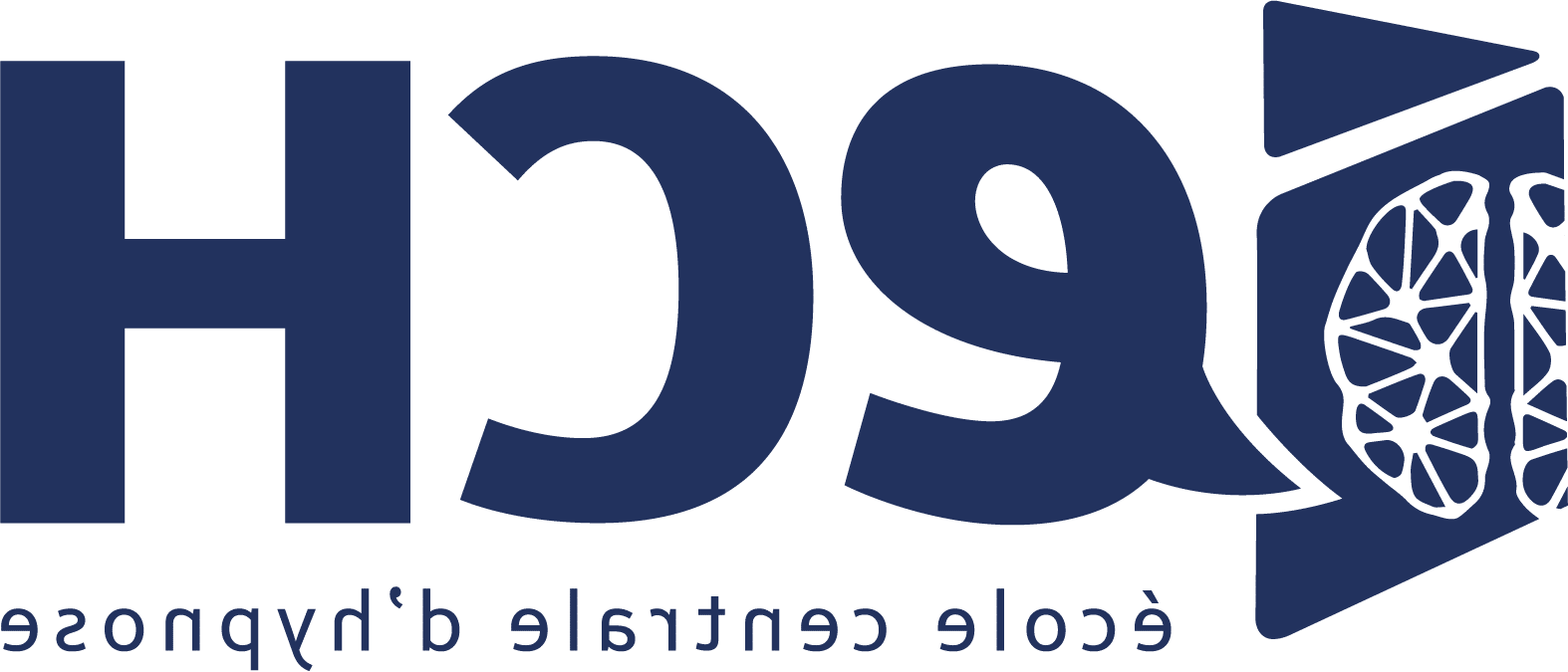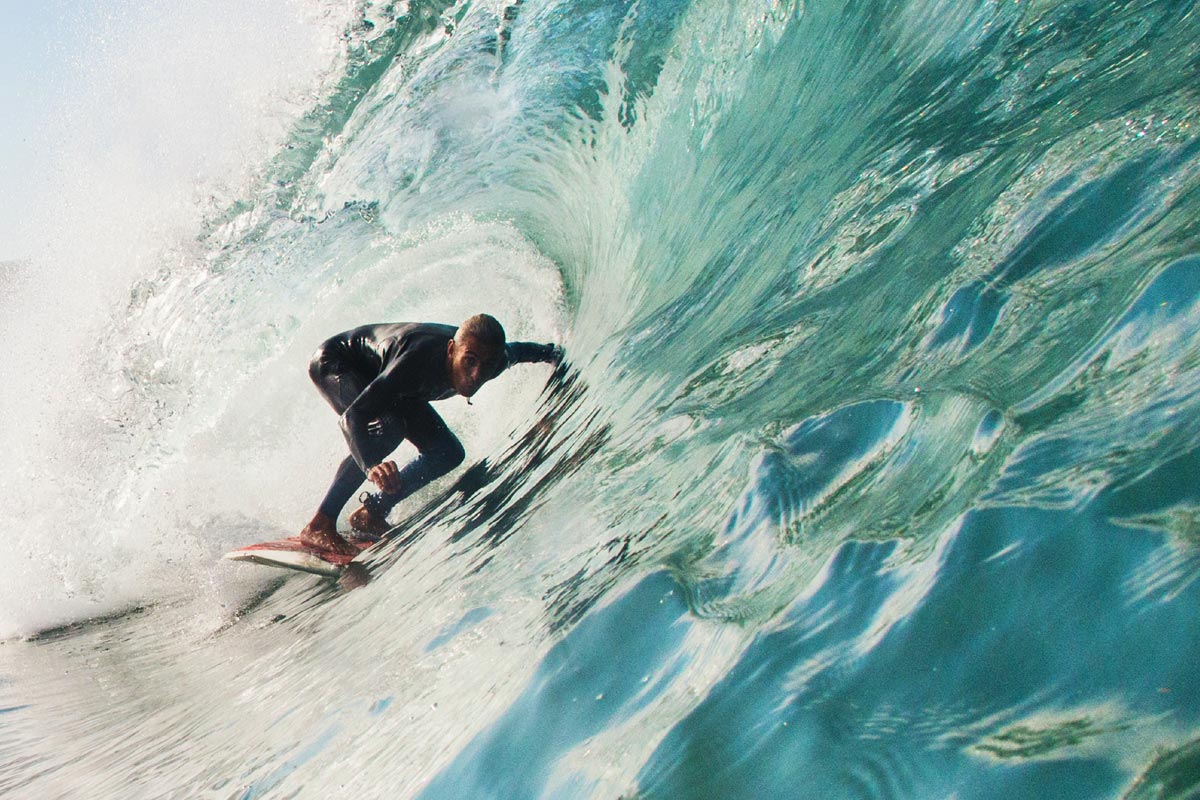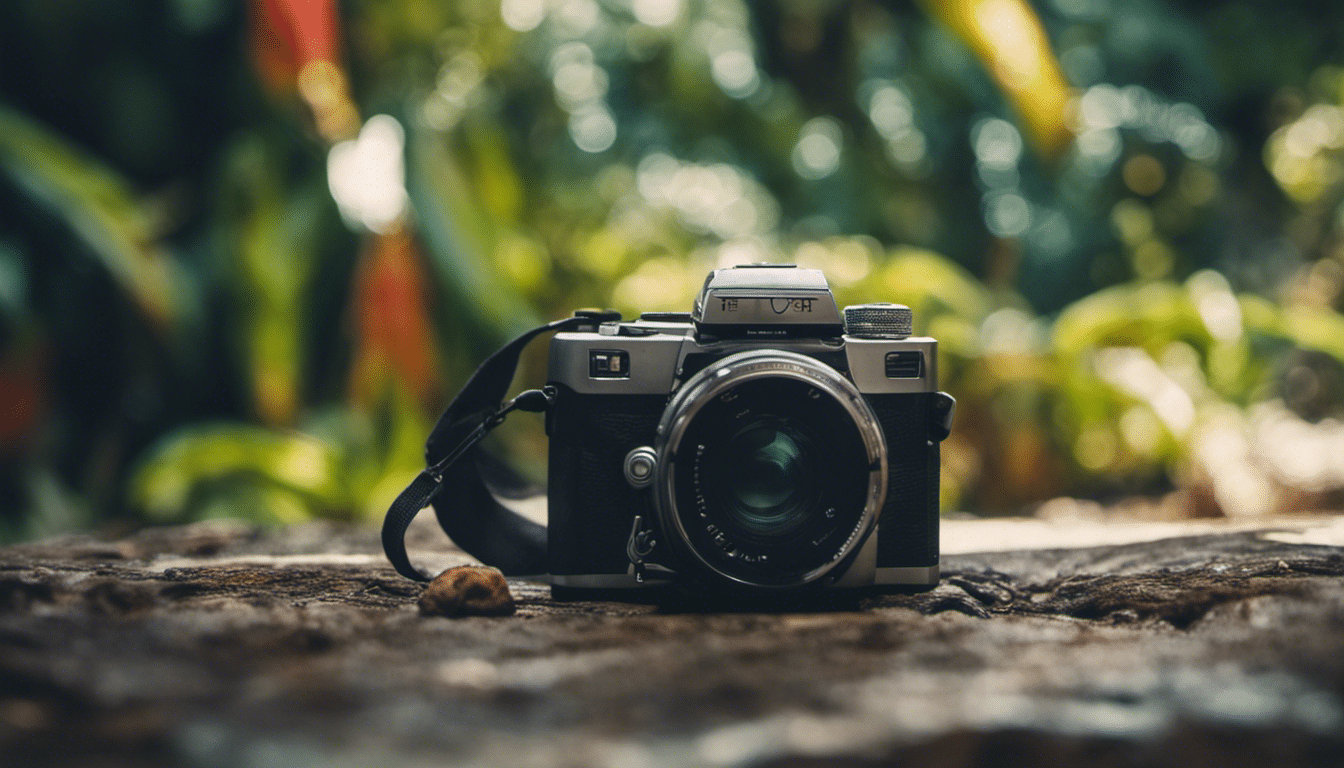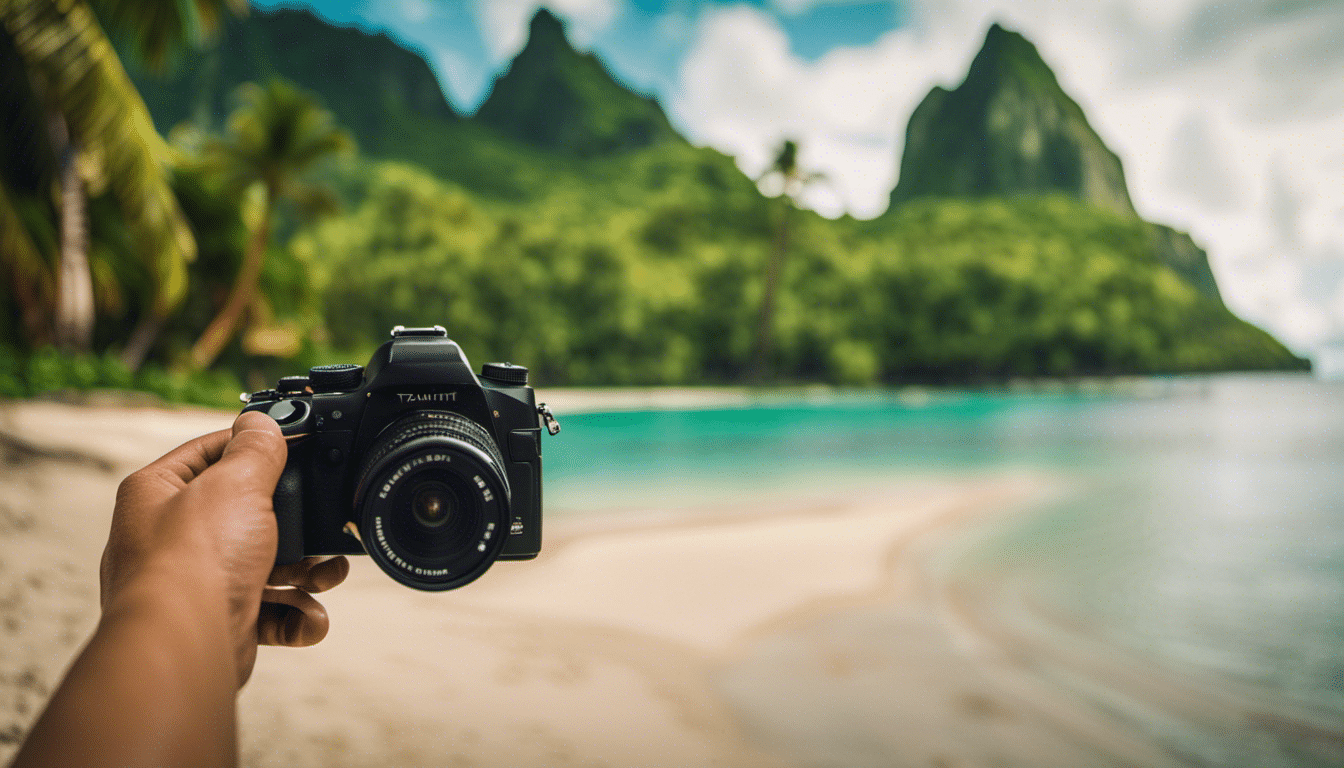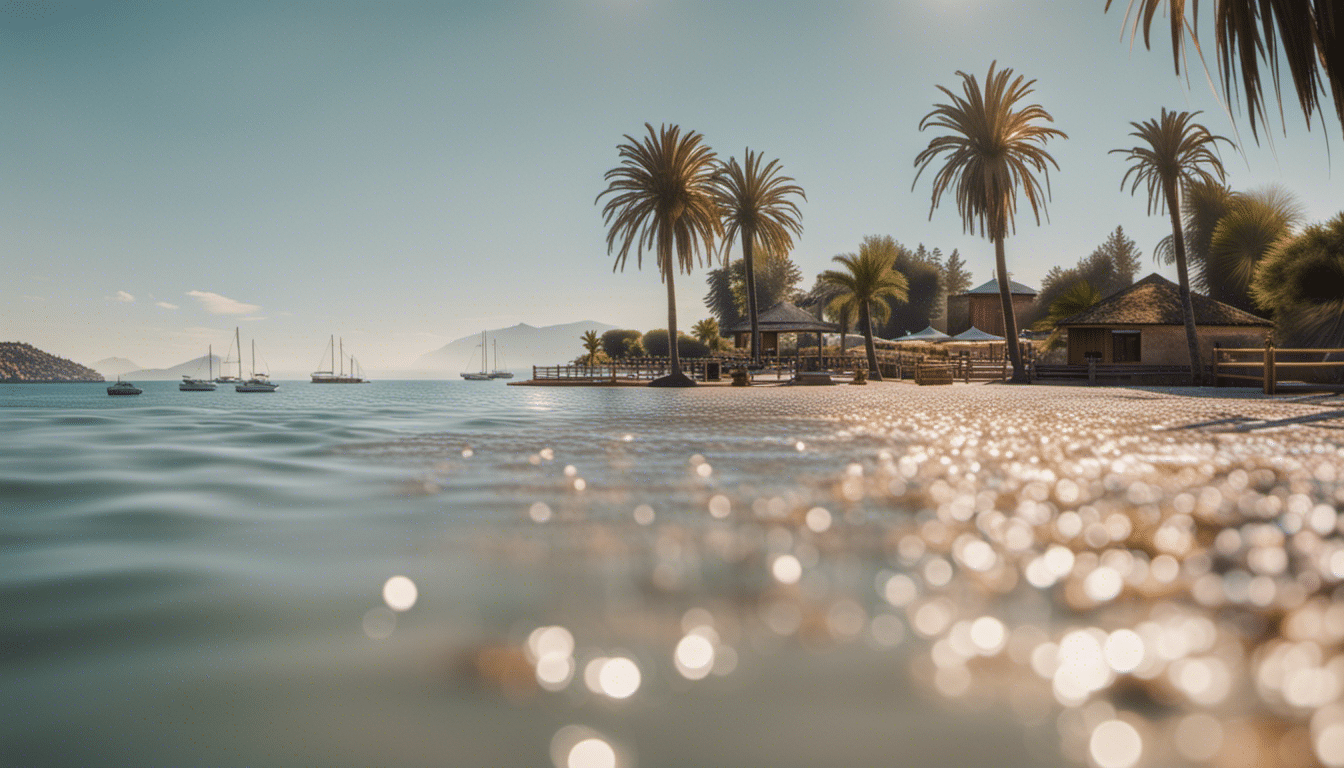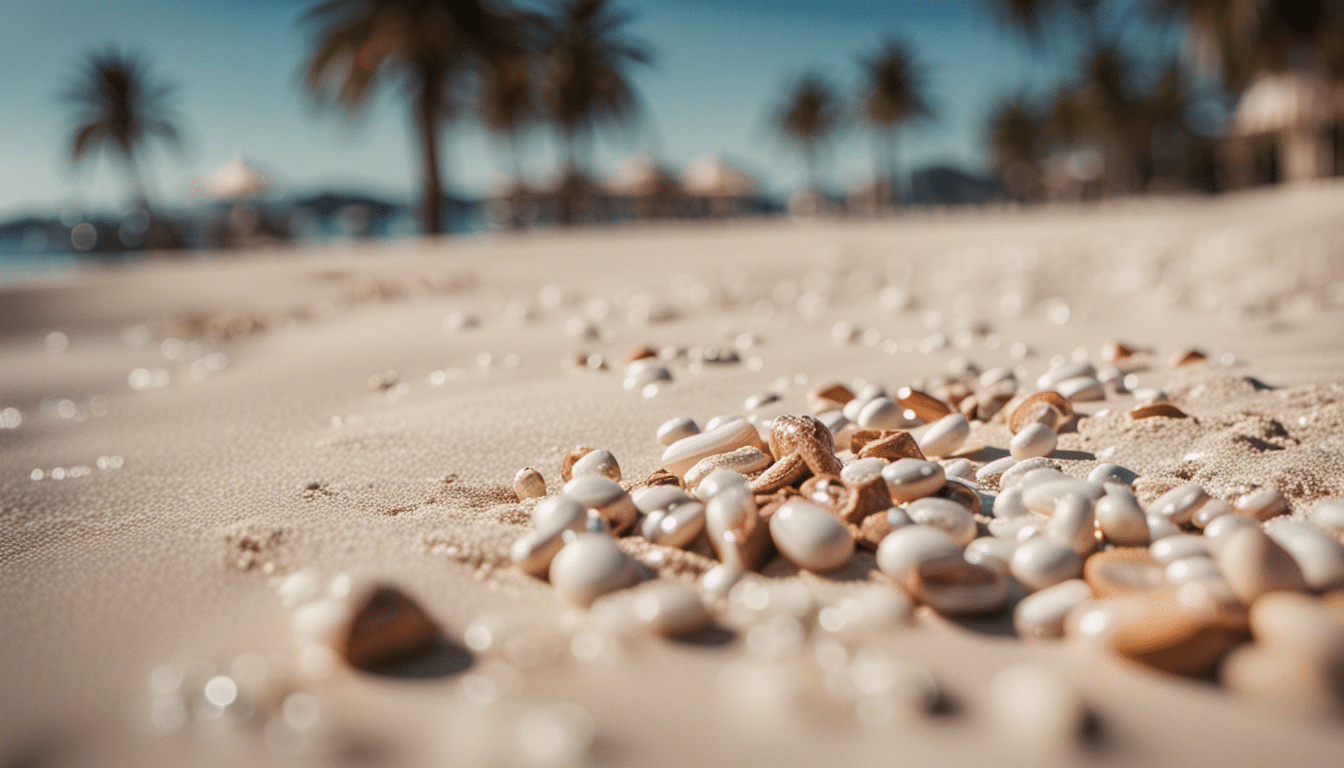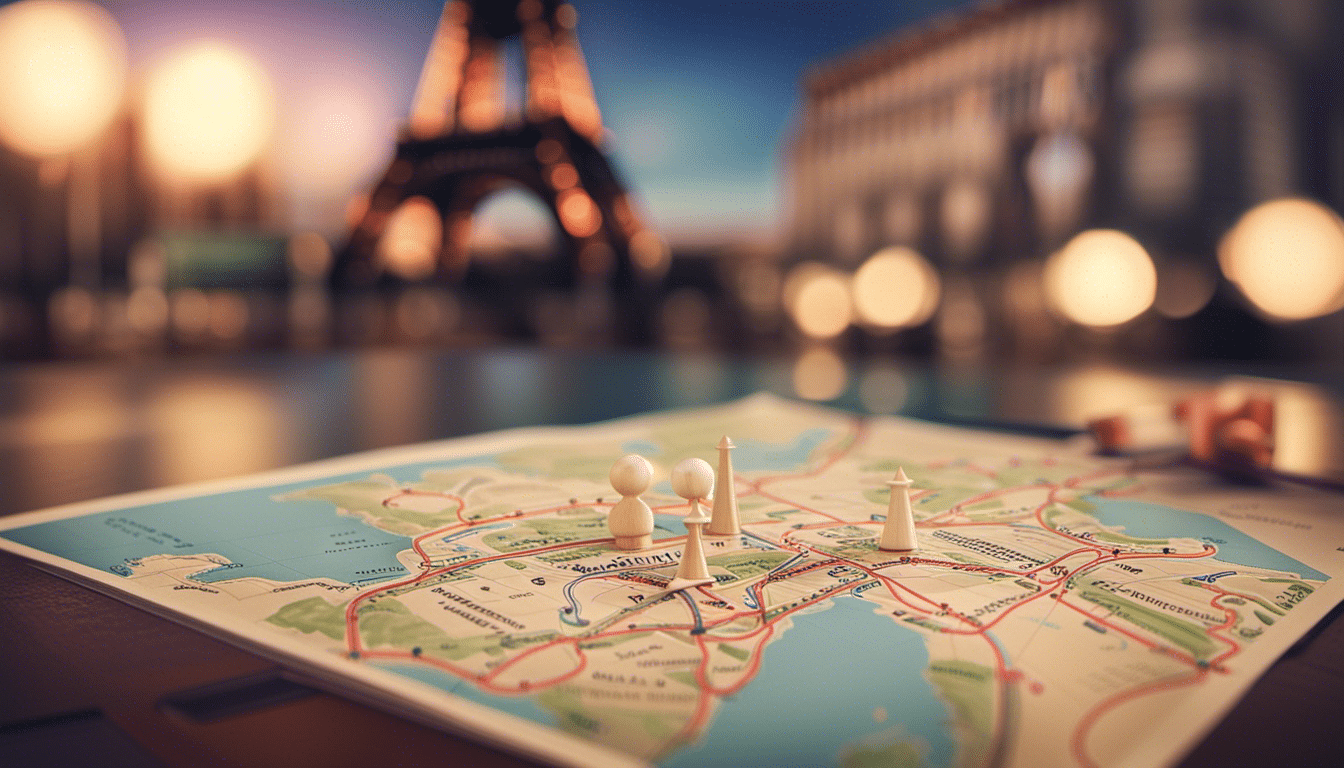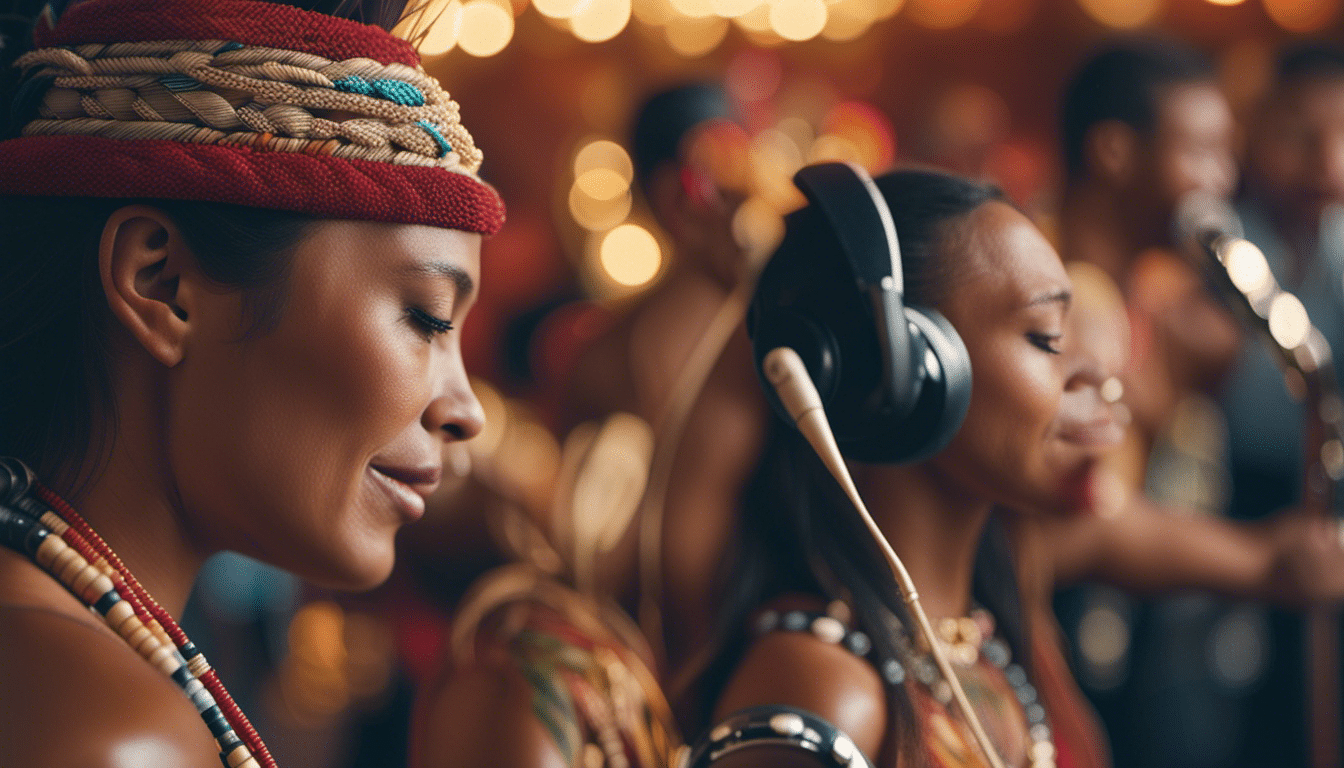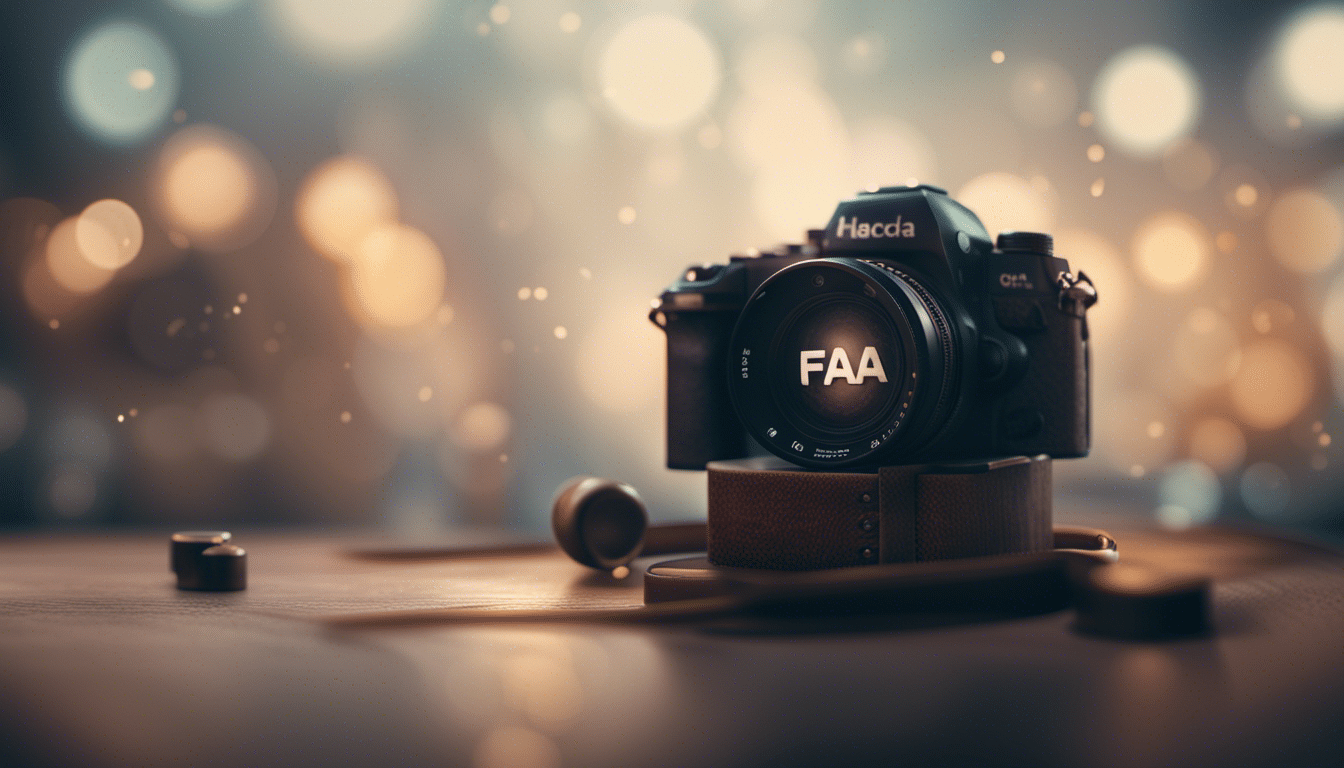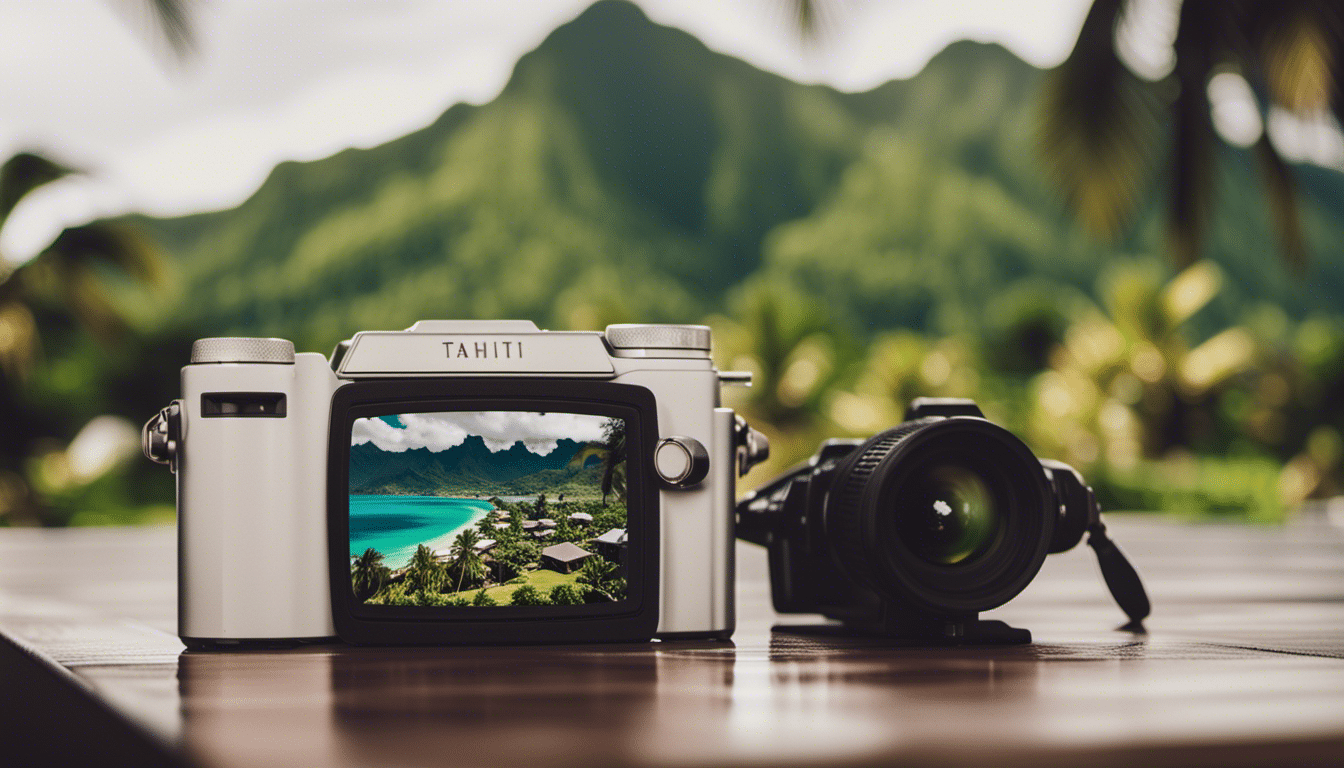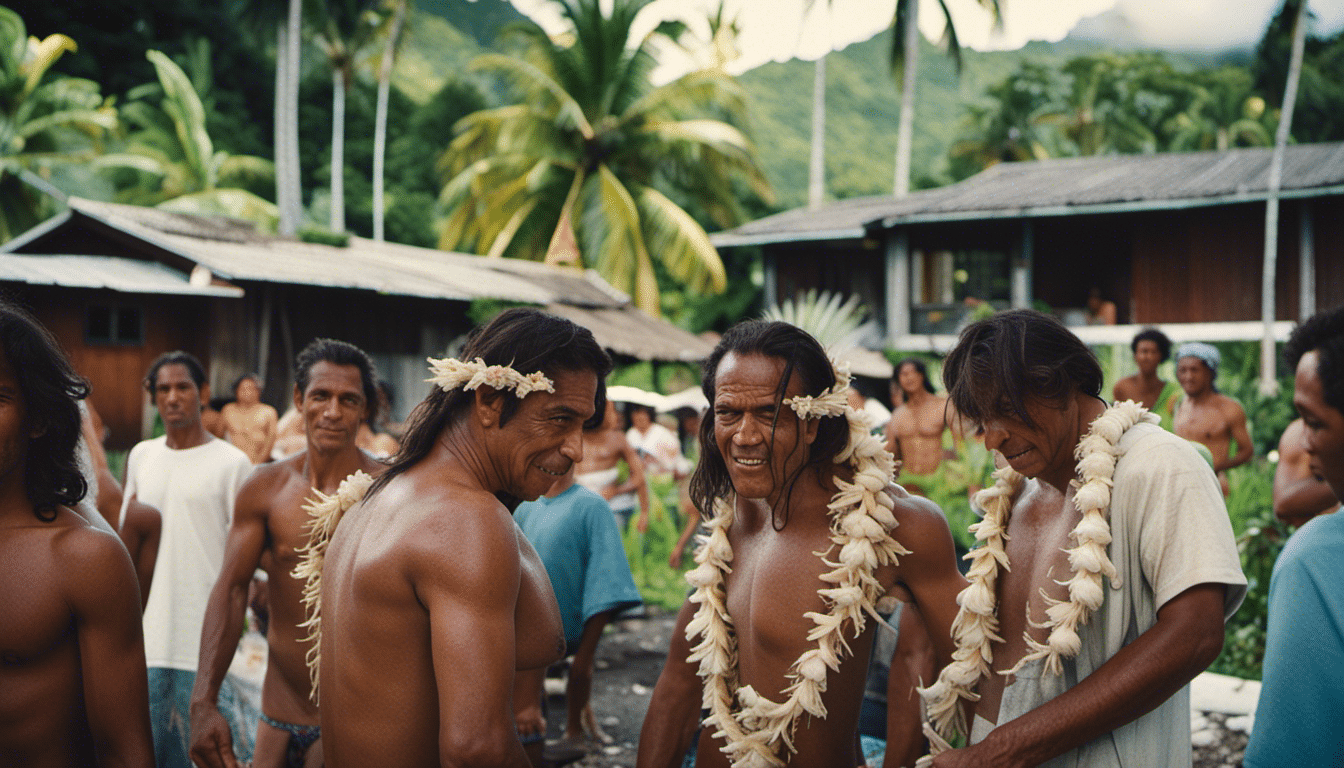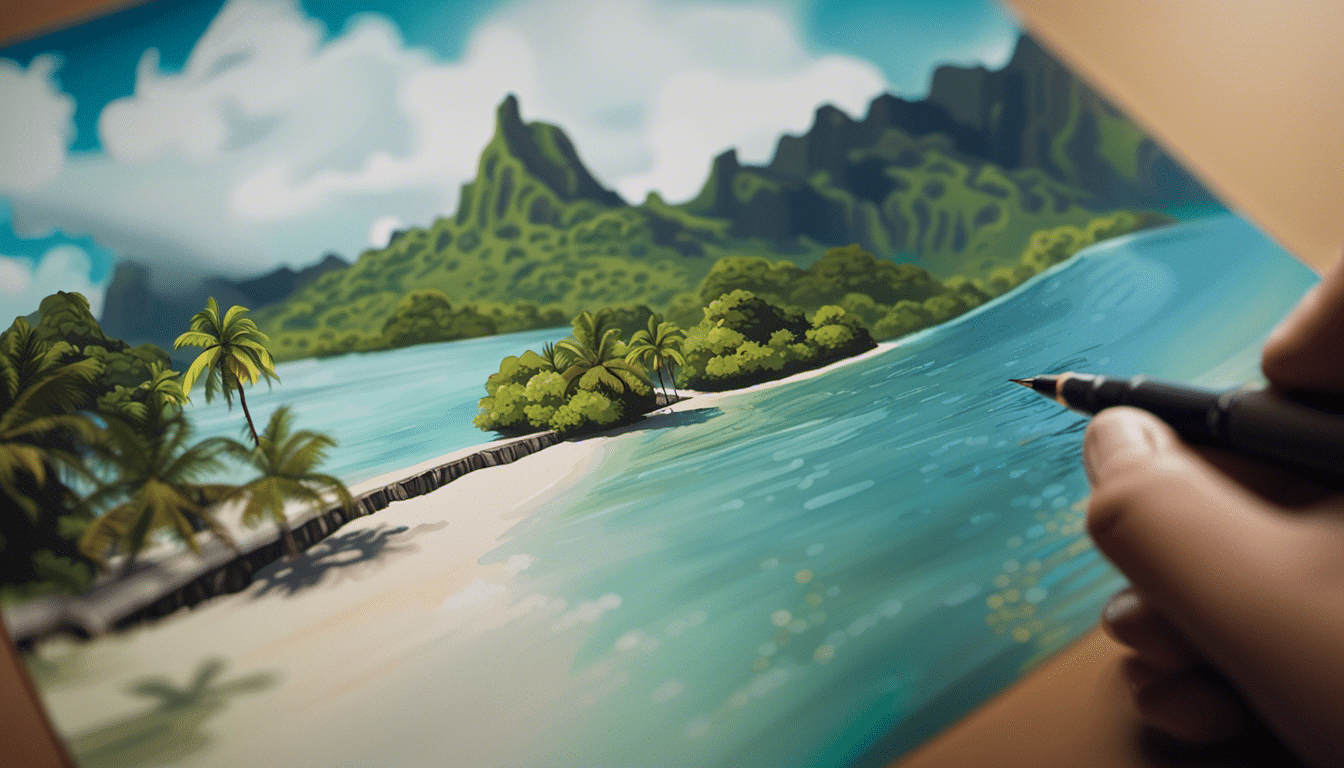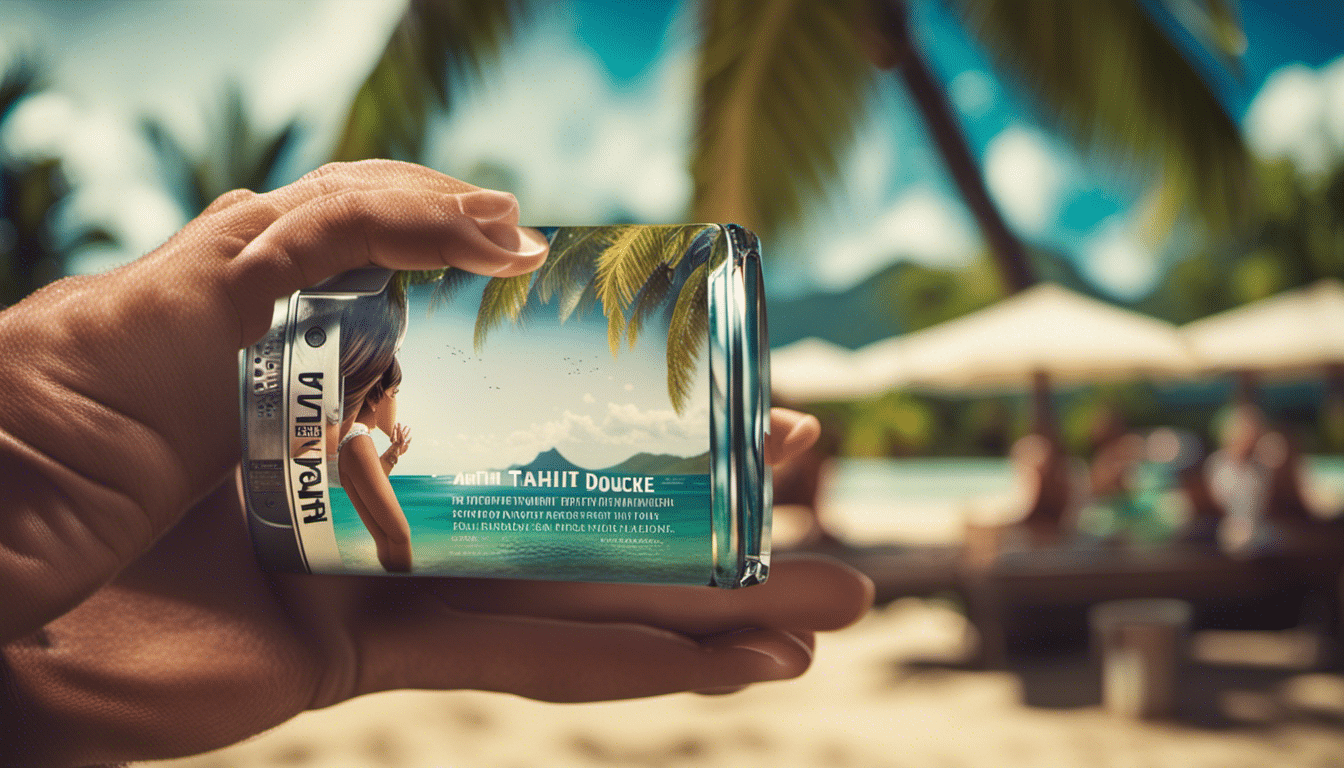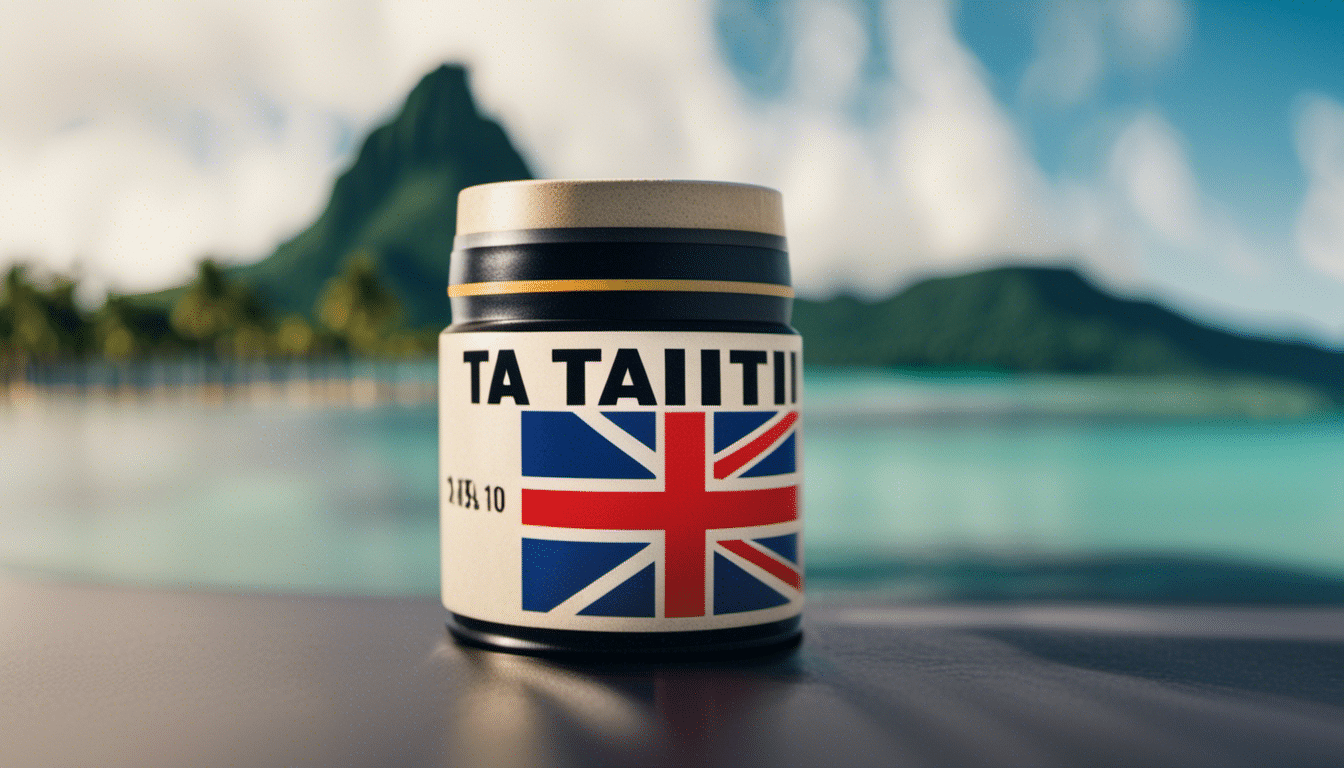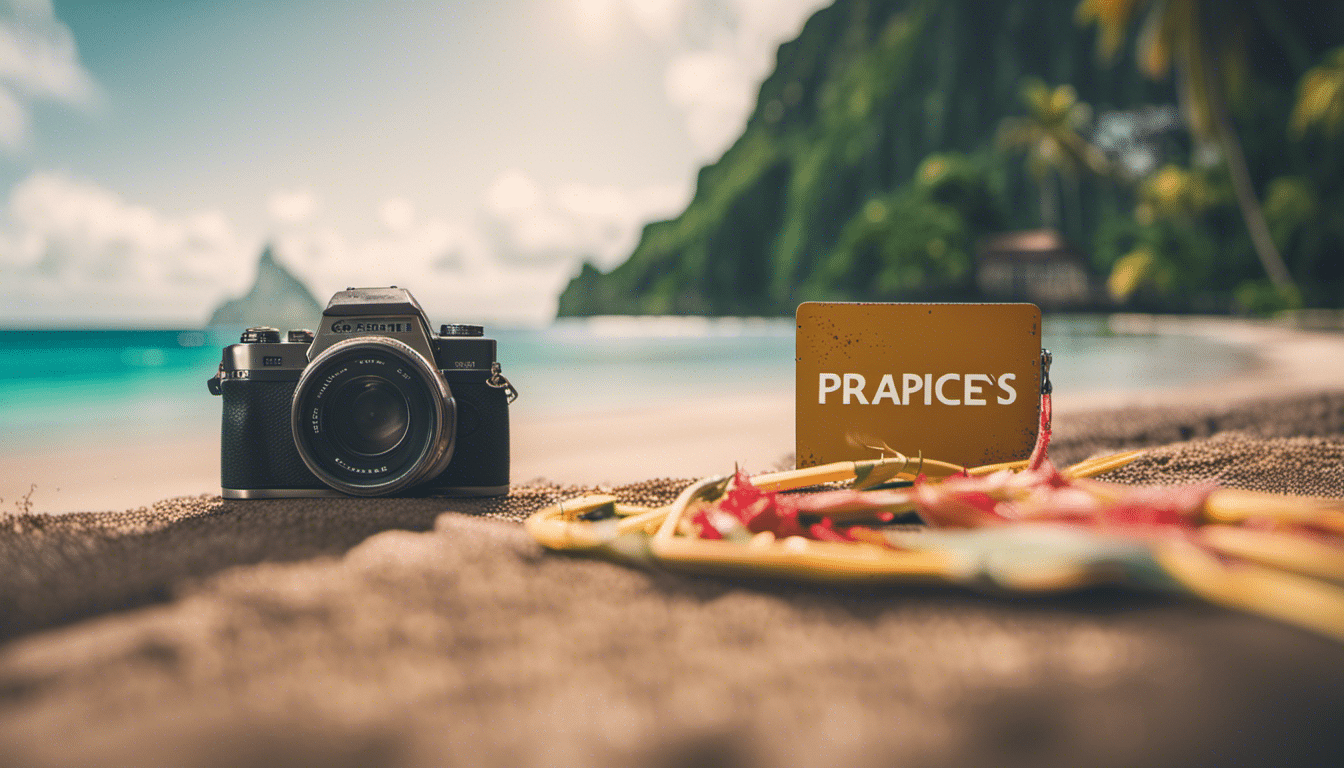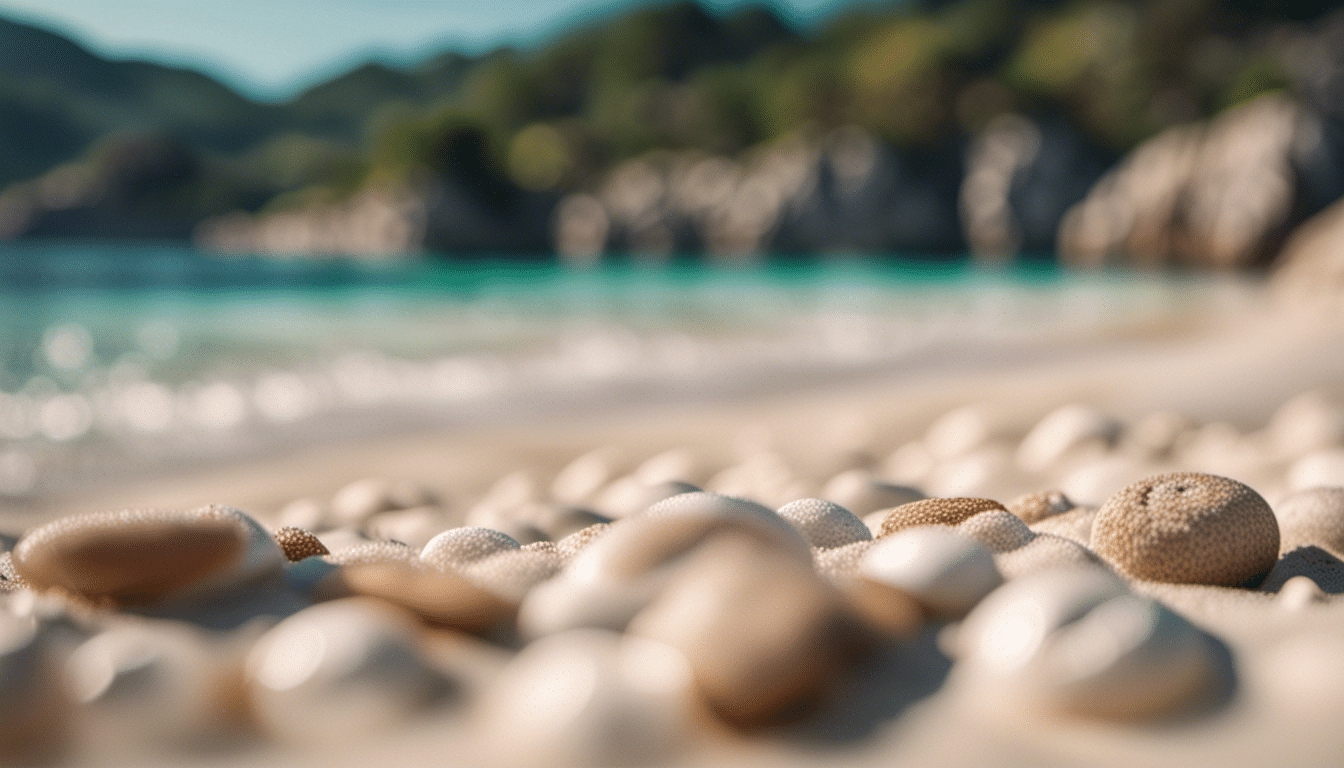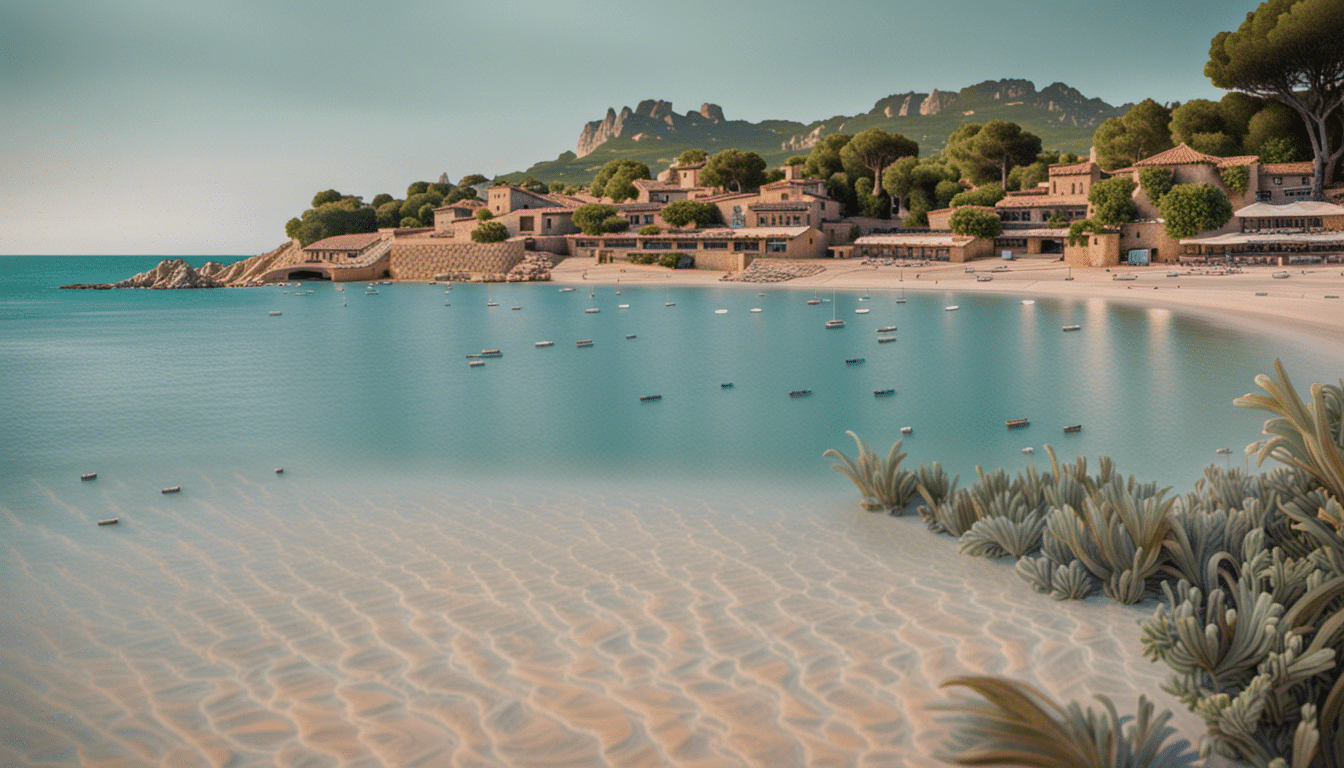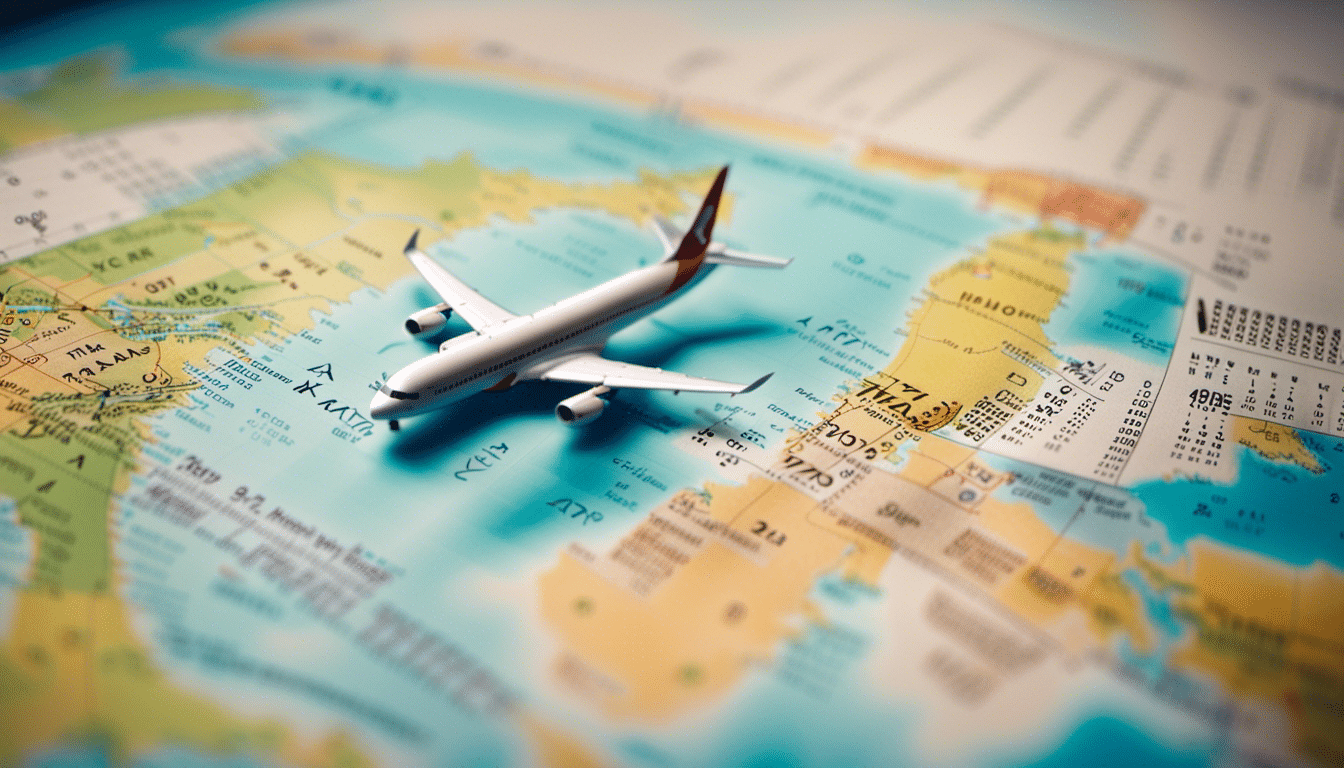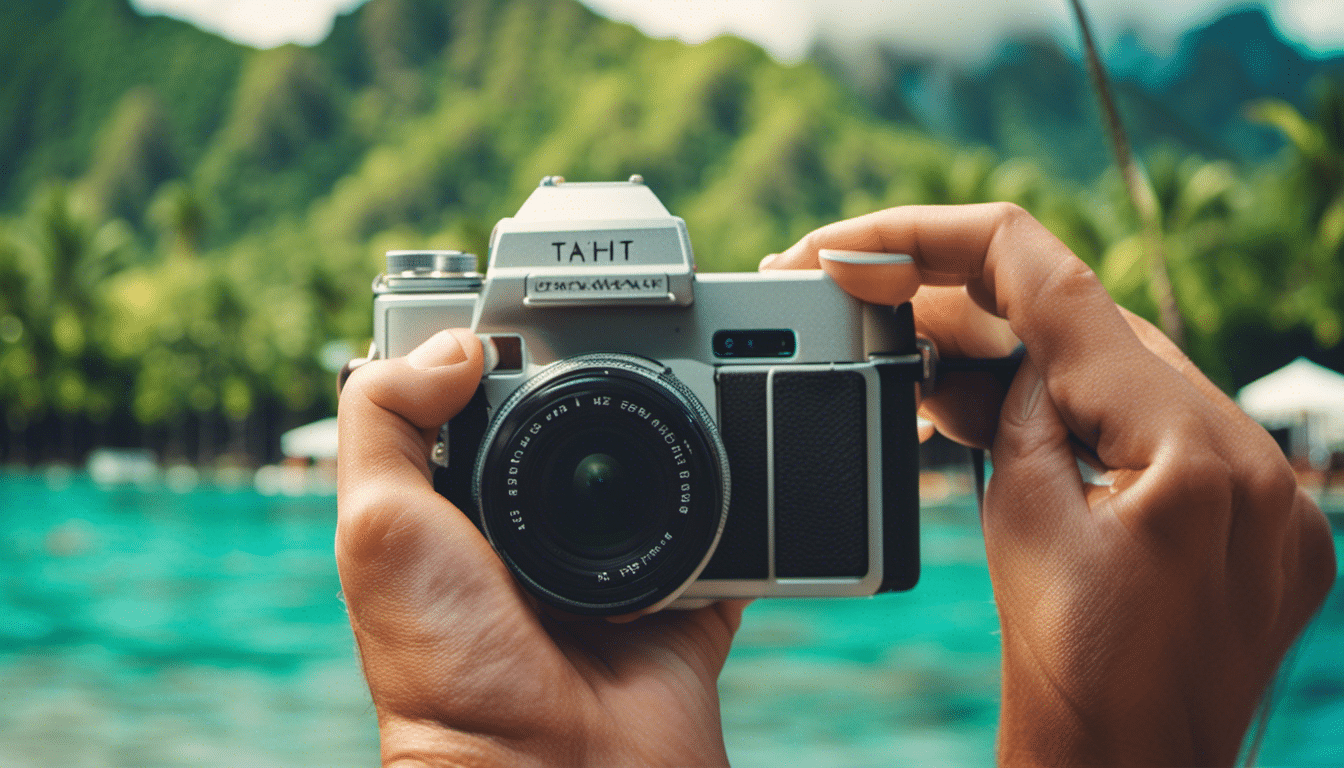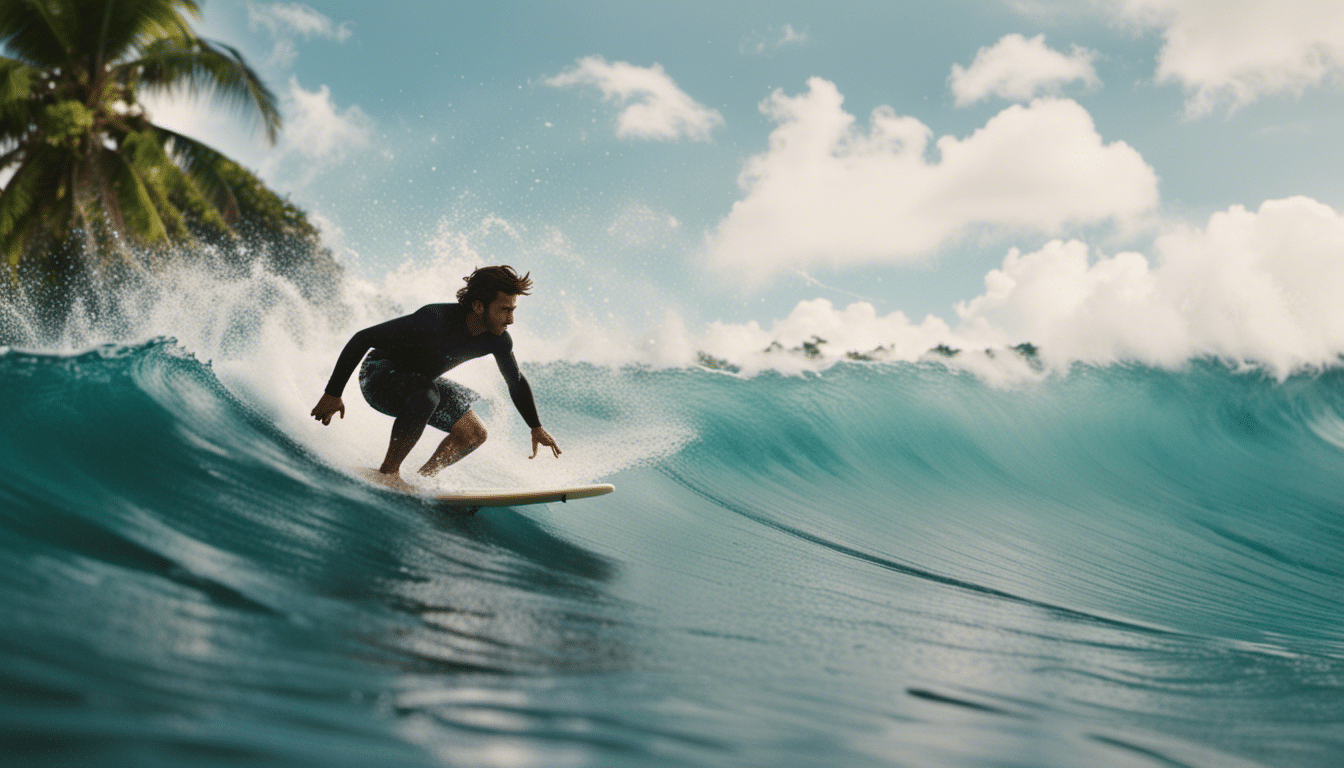He returned to space. After a false start due to bad weather, Thomas Pesquet will leave this Friday for the International Space Station in Cape Canaveral (Florida). “Alpha” will be the captain of this new mission and will be the first Frenchman to fulfill this role.
A Panazolaise from CNES in Tolosa is impatient before this flight. Cécile Thévenot is in charge of the experiment. “We have been preparing for this mission since 2018,” he noted, adding that “over the past year” work has been accelerated to design, test and prepare what astronauts will do in space.
The sleep of the astronaut in question

From the start of the flight, that is to say from mid-May, it will be used in the “Dreams” experiment, during the sleep of the astronauts. “We are going to test a headband with electrodes that will allow us to measure the astronaut’s sleep pattern at night.” This innovative equipment will be associated with scientific research carried out by neurologists in Tolosa. This is important, according to Cécile Thévenot, “because the rhythm of sleep is based on the day/night circadian rhythm. But in space they don’t have that classic rhythm.
“A film called ’16 Dawn’ by Thomas Pasquet has come out. They see the sun rise 16 times a day while we only see it once a day.”
According to Cécile Thévenot, this can change sleep or even less damage. This is why the experience of Thomas Pesquet, among others, is important.
The “Alpha” mission should end at the end of October if all goes well. At the time, like French astronauts, Cécile Thévenot was going to be able to teach young people. He had already done so during his first mission with Thomas Pesquet. “It’s fascinating to connect with children on this subject. They always ask important questions.” What still put stars in the eyes of schoolchildren who have grown up.


